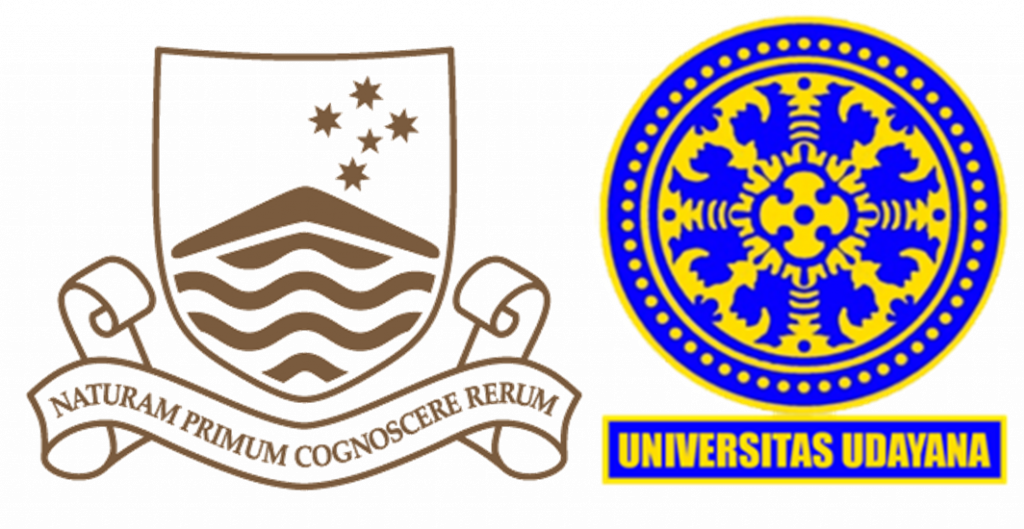Since its founding, ANU has been a primary resource for Australia’s deepening engagement with Asia and the Pacific. ANU’s mission has been to learn about, from, and with Asia and the Pacific, with Indonesia being the most immediate Asian neighbour and of tremendous importance to Australia. Indonesia is one of the world’s most bio-ethno-socio-linguistically diverse countries. It is also one of the world’s most populous democratic countries and has been undergoing significant socio-political-economic transformations. Indonesia is therefore a living laboratory for studies across different fields in the humanities and social sciences. The establishment of the joint interdisciplinary research centre will benefit ANU in several ways. Through collaboration with relevant Indonesian partners in a proposed joint research centre, ANU researchers will undertake innovative research on the dynamics of contemporary Indonesia. The centre will enable ANU to sustain its lead in quality and excellence in relevant fields of the humanities and social sciences (e.g., anthropology/cultural studies, archaeology, history, linguistics and languages) with the areal focus of Indonesia. The joint centre will also provide a means for ANU to connect the humanities and social sciences, and its unparalleled regional expertise with different stakeholders, to showcase ANU’s humanities-based outreach to, and engagement with, Indonesia at both the national and regional/local levels. All these are in line with ANU’s 2018–2021 strategic plans (e.g., to actively maintain its position as the expert on this dynamic region).
The joint centre will provide opportunities for researchers at Udayana University to collaborate with ANU researchers in advanced research across different disciplines in the humanities, languages and social sciences. ANU is one of world’s top universities (currently ranked 24th in the 2019 QS World University Rankings). The engagement of local Udayana academic staff members in different research activities with their ANU counterparts at the centre is expected to lead to improvement in local research capabilities and in the proportion of local academic staff winning competitive research grants and producing high-quality papers published in highly ranked (i.e., SCOPUS-indexed) international journals. This is in line with Udayana University’s strategic plan to improve its ranking to be recognized as a world-class university.


